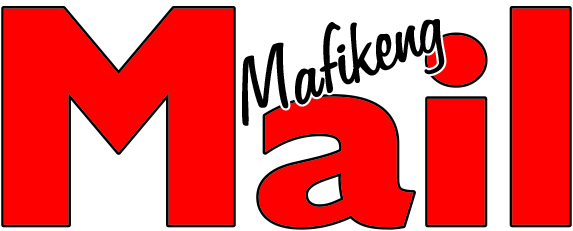BONUS - RUSTENBURG - Due to the instability of South Africa’s energy market, characterised by frequent fluctuations and disruptions, many businesses are forced to struggle with a delicate equilibrium between power assurance and power quality.
While many business owners’ efforts are focused almost solely on power assurance – keeping their plants running with backup power sources such as generators when needed – power quality is often overlooked until it becomes a problem.
While power assurance is paramount to keeping businesses running, the significance of power quality cannot be overstated, as it directly impacts operational efficiency, equipment longevity and, ultimately, the bottom line.
Power quality often becomes an issue during load shedding when large parts of the grid are switched off and then re-energised. Even a plant or factory that is not subject to load shedding can experience a massive pull-down of voltage when an adjacent area is switched on after a planned power interruption.
This can cause havoc in a manufacturing environment and while power assurance is important, power quality is becoming increasingly critical and is shifting from a nice-to-have to mandatory for many business owners.
Dealing with voltage instability
Voltage dips and surges have become a big challenge for local businesses, with a lot of effort being made to deal with voltage instability due to load shedding. Both dips and surges are extremely bad for a power system and can disrupt a manufacturing process while also damaging high-value equipment.
Power quality therefore has a direct impact on operational efficiency, equipment lifespan and overall business performance, which ultimately boils down to affecting the reliability and availability of the plant. Depending on the type of processes and what is being manufactured in a particular factory, downtime can be very costly and can impact the business’s bottom line.
Additionally, poor power quality shortens the lifespan of equipment. For example, harmonics (a distortion of the normal electrical current waveform) can cause transformers to wear out prematurely. This occurs as circuit breaker tripping causes damage to automation equipment and VSD power supplies and has a direct impact on business performance and operational efficiency.
Considering the significant impact of poor power quality on business performance, a consultative service is instrumental for organisations to resolve these issues. Consultative services – such as Schneider Electric’s Field Services – can help businesses identify any potential issues they might experience with their power quality.
Relying on real-world data
A consultative approach differs from traditional power assurance methods as it generally relies on real-world data collected from a plant or factory. This approach relies on four pillars: data acquisition, data analysis and comparison to known standards, rolling out suggested remedies based on identified problems and verification based on measuring whether the interventions made have been effective.
With a consultative approach, any recommendations that are made to mitigate risks in an operation are based purely on the specific problems that have been detected. Unlike traditional power assurance methods that rely on estimation and calculation, a consultative approach takes into account that every site and process is different and there is a host of factors that can affect the real-world performance of a plant.
This is the biggest benefit of a consultative approach, as it works with actual data collected at a specific site, which is then analysed and used to formulate remedies that are data-based and calculated accurately. It provides a technical solution that can be verified.
Business owners need to understand their plant’s electrical health as this is key to ensuring power reliability and availability. Consulting services, such as Schneider Electric’s Field Services, can provide a snapshot of a plant’s electrical health and provide potential solutions to identified problems. This can ultimately help businesses eliminate costly downtime and equipment failures while reaching an equilibrium between power assurance and quality.










